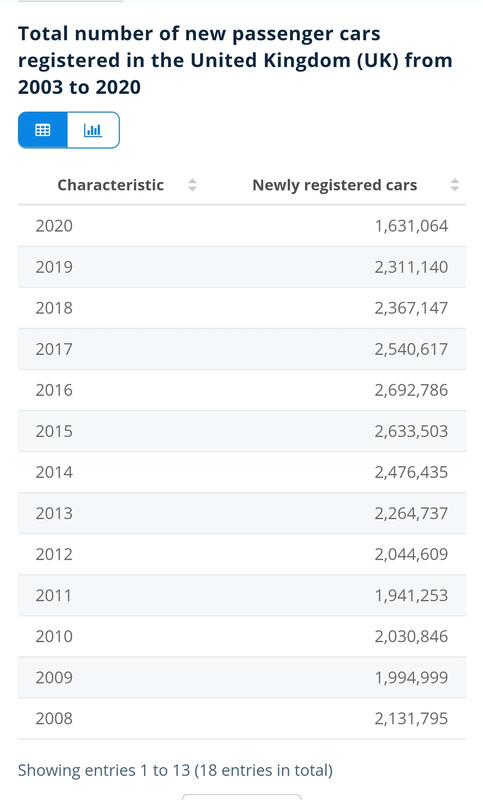grober
MB Master
The Treasury stands to lose tens of billions in fuel duty when the ban on new ICE cars comes in 2030 but the car industry is eyeing with suspicion the above act in the title - some of which came into force in April this year. It dictates that it is now illegal to sell a car charging point that cannot send and receive data { via the mobile phone network presumably}. This means it would contain a unique identifier chip like an electricity smart meter. While this could facilitate an EV to feed its battery energy back into the grid to the owners advantage it would also permit the electricity company to monitor the proportion of a domestic user's electricity supply being used to charge a vehicle thus permitting a selective/ differential/ greater tax rate to be applied to that particular proportion of electrical energy supplied rather than the current domestic blanket tax rate! The Treasury has stated it's not looking to tax EV electricity that way, but the fact remains the facility to do so will exist in the future!
section 14
Last edited:



